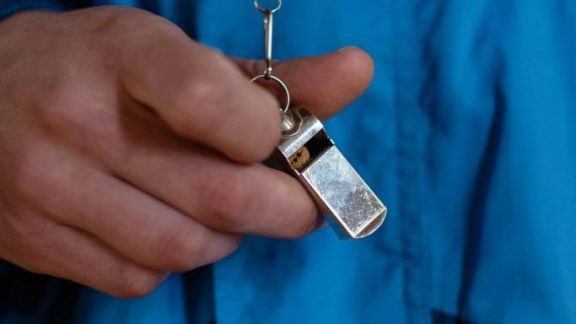Furlough Scheme Abuse Whistleblower Receives Substantial Compensation
Every right-thinking person would agree that workplace whistleblowers deserve not retaliation but praise. However, the opposite sadly happened in the case of a public-spirited factory worker who expressed deep ethical concern about his employer’s criminal abuse of the COVID-19 furlough…
Mar 15, 2022

Every right-thinking person would agree that workplace whistleblowers deserve not retaliation but praise. However, the opposite sadly happened in the case of a public-spirited factory worker who expressed deep ethical concern about his employer’s criminal abuse of the COVID-19 furlough scheme.
The man, who had a vulnerable daughter at particular risk from COVID-19, complained to management that self-isolation rules were not being followed after one of his co-workers tested positive for the virus. He also objected fiercely after discovering that the company for which he worked had wrongfully continued to claim government furlough support at a time when its employees had returned to full-time work.
After the first disclosure, he was threatened with disciplinary action and subjected to extensive negative comments by management and colleagues. For months, he was singled out and ostracised, being categorised as lazy and pathetic. Following the second disclosure, his integrity was questioned by managers who knew full well that his concerns regarding the furlough scheme were justified. He eventually resigned and launched Employment Tribunal (ET) proceedings.
In upholding his claim of automatic unfair constructive dismissal, the ET found that the company had shown a cynical disregard for his employment rights. Unbeknown to him, the company had misrecorded and declared his earnings to HM Revenue and Customs, utilising the manufactured figures for the purpose of claiming furlough support. In doing so, the company was acting in breach of its statutory obligations and participating in a number of criminal and fiscal offences.
In also upholding his claims of wrongful dismissal and unlawful detriment for whistleblowing, the ET found that the treatment to which he was subjected was inextricably linked to disclosures he made in good faith and in the public interest. The impact of the serious and sustained detriments could not be overstated: they deprived him of his congenial employment and his formerly good relationship with colleagues. The company was ordered to pay him a total of £18,291 in compensation, including £7,000 for injury to his feelings and £5,000 in aggravated damages.


Victim of Workplace Race-Related Harassment Receives Compensation

Employment Dispute Settlement Precludes Subsequent Victimisation Claim
